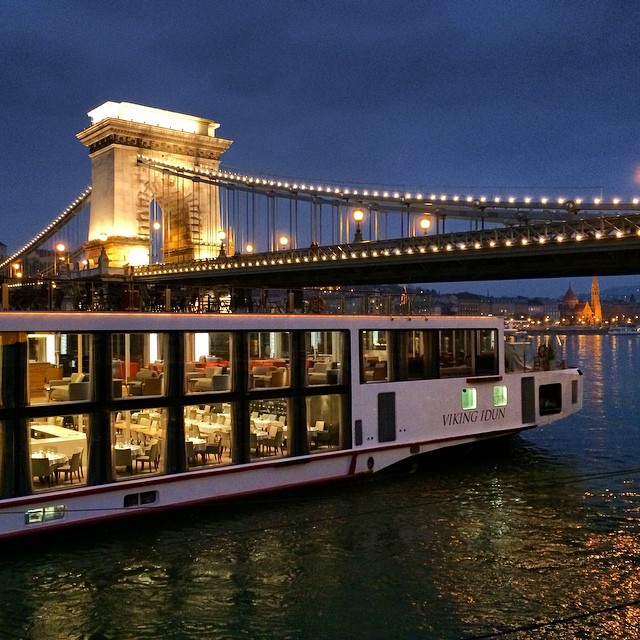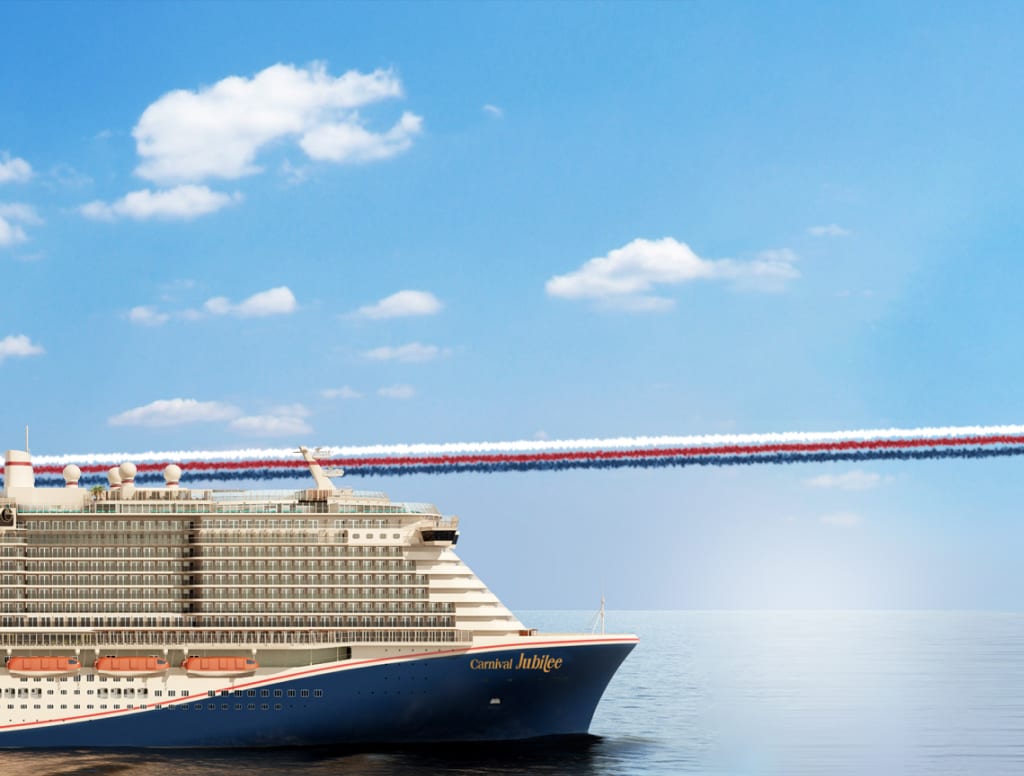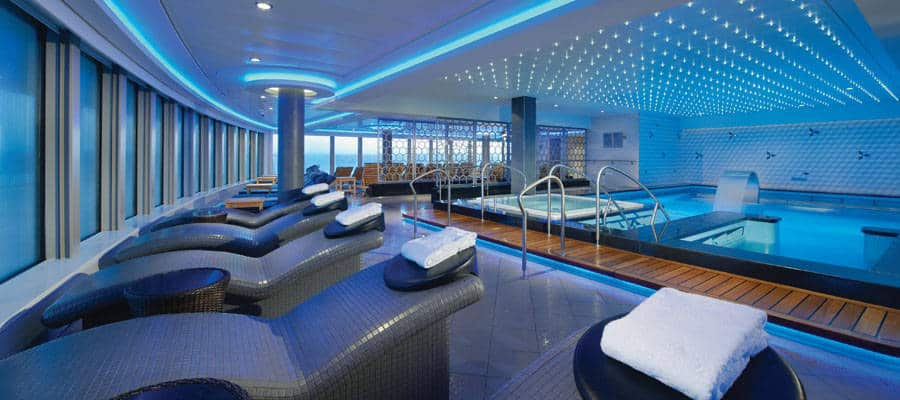
The cruise ship's medical facility is specifically designed for providing health care to crew members and passengers. This center usually features separate reception areas to accommodate passengers and crew as well as doctors' consultation rooms, dispensary and X-ray rooms and treatment rooms. These rooms are equipped for surgical instruments and sterile equipment. One to three two-bed wards with central nursing are part of an inpatient area.
Cruise ship medical staff
The number of medical staff on board cruise ships varies depending on the ship. No matter how large the vessel, medical staff is trained to perform a wide range of tasks. This includes prescription monitoring and documentation, as well as emergency care. The doctor also coordinates logistics for evacuations and referrals. The medical staff can assist with many routine tasks such as administering medications and managing preventative programs for passengers and crew.
The lower deck of most cruise ships has a medical facility. It has doctors and nurses on call 24 hours a day, and several beds for minor ailments and emergencies. Ship doctors and nurses are often trained to treat minor injuries, motion sickness, and respiratory symptoms. Sometimes, they coordinate with local medical services to provide proper care. Apart from regular medical and nurse staff, all medical staff aboard cruise ships must have been exposed to COVID.

Medical treatment costs
While cruise ships are not floating hospitals, their onboard medical facilities are far more advanced than the average shore hospital. Infirmaries are equipped to treat minor injuries or illnesses, and can stabilize passengers until they can transfer to a local hospital. All medical services are available round the clock. Although medical care on board is far more limited than that of a traditional hospital, the doctors and nurses on board can treat many common ailments.
Most insurance policies do not cover medical expenses onboard, or out of the U.S., so a hospital visit to a cruise ship can be quite costly. Medicare is flexible and will reimburse some of the expenses, so long as the treatment has been deemed necessary. Ambulance costs are covered if the ship is less than six hours from a U.S. port. You might also be covered for ambulance costs and services by other providers if the foreign hospital are closer to the resident's residence.
This is the location of a medical center
While cruise ships aren't floating hospitals, they do have medical facilities and trained staff for all types of minor issues. The majority of ships have many beds, stretchers, and backboards that can be used to treat spinal injuries. There are also emergency rooms on cruise ships that provide basic care for people suffering from seasickness and sea/motion sickness. A 24-hour medical team is on-hand, seven days per week.
Cruise ships can become dangerous if there is a medical emergency. The medical team is equipped to treat minor ailments and serious emergencies. For severe emergencies, however, evacuation to a nearby port may be necessary. In such cases, the management of the vessel may request assistance from nearby vessels and/or a helicopter. If the evacuation is not possible, passengers should call 7-3000 for immediate assistance.

Qualifications of medical staff
A cruise ship's medical staff must be highly educated and have extensive experience in emergency medicine. To attend to any emergency, all doctors must be board certified. Additionally, nurses must have at minimum three years of experience after graduation. All staff must be flu and COVID-infected and certified in advanced life assistance. All medical personnel on cruise ships must have the ability to use computer software.
To work aboard a cruiseship, nurses must be highly trained and have received the required training in the country they will be working. A bachelor's degree in nursing is not necessary, but it is preferred. An RN license as well as advanced cardiac support certification is required. Additionally, cruise ship nurses must have at least three years of experience in emergency and acute care, which usually refers to a hospital environment.
FAQ
What's a cruise ship vacation like.
A cruise ship vacation can be described as an all-inclusive experience that provides all the amenities you need. There are many options for dining, entertainment, and activities. It's more than a place to stay and eat. It's also a great opportunity to relax and have fun. Your sense of adventure is all you need!
Can I book my cruise prior to or after I have booked my airfare?
It depends on which part of the world you are traveling to. It's better to book your cruise earlier than later because you have more flexibility on dates. You could, for example, plan your cruise around the summer months if you are sure you will be visiting Europe. If you are traveling to Asia or South America, it is a good idea to book your cruise in the off-season to save on high season costs.
Is food allowed on a cruise?
The answer is yes! All cruises offer complimentary food. You will have to pay for drinks if you want to enjoy them.
The type of ship you sail on will affect the cost. For example, cruising aboard a luxury liner, you may expect to pay $20-$30 per person for each drink purchased. A smaller boat will likely cost you less, at $10-15 per head.
Why is cruise vacation so popular?
Because they provide a fun vacation experience that isn't confined to long flights and airport delays, cruises are becoming increasingly popular. You can also relax in a serene environment where you don't have to worry about your schedule or any other aspects of daily life.
Cruise ships also make it easy for travelers to visit different destinations on land and at sea. This gives travelers plenty of time for all the attractions and sights that are available in each location.
What is cruising?
The deposit, usually $50-$100, is required when you book a cruise. Your balance is due 30 days before departure. Check in at your cabin upon arrival at the port. You might then be able to take part in an onboard activity.
Statistics
- The line estimates savings of 50% when you purchase this bundle. (travel.usnews.com)
- You can save 15% off the total price if you book in advance of your trip. (travel.usnews.com)
- If you're traveling alone, you may also need to factor in a single supplement, adding up to as much as 100% of the cruise fare. (travel.usnews.com)
- *20% Gratuities Apply on Free Unlimited Open Bar; Free Specialty Dining. (ncl.com)
External Links
How To
How do I plan my first Cruise?
Planning a cruise can be like planning any trip. There are so many things to consider: where should you go, what activities should you include, how much money to spend, etc. You should be aware that there are important differences in the planning of your first cruise, especially if this is your first time. Cruises can last up to three weeks, which is why you don't want any missed! Here are some tips to help make this vacation even easier:
-
Book your cruise early. You should book at least 6 months in advance. This allows you to save money and avoid crowds. You'll also have ample time to research the ship, its itinerary, ports, and other activities. You might even find a deal on airfare too!
-
Pick a destination. It doesn't really matter what port you choose, just choose one that appeals. There are many reasons why people love to cruise. While some people enjoy exploring new cities, others prefer to relax onboard. No matter what your preference, remember that you must consider the destination you want to visit. Popular choices include the Caribbean, Europe, and Alaska.
-
Booking a Suite is a good option if money is not an issue. Suites offer extra space, a private balcony, and additional amenities. These rooms are generally available for $100-$300 per evening, depending on how big your room is and if there are any suites available during your sailing date.
-
Check the weather forecast - Cruising is often associated with warm tropical climates. But, make sure to check the weather forecasts on the days you'll visit the ports. It's unpredictable in the ocean, especially in Antarctica or Alaska, so it is important to be aware of what the weather might be like before you book your cruise.
-
Limit your packing to 10 items for your cruise. That means no suitcases full of clothes or shoes! Instead, pack everything you'll need into small carry-on-sized bags. You should also bring layers of clothing as you may not always have access to laundry facilities.
-
Do your research. Before you buy tickets, make sure to read online reviews. It is important to understand what their cancellation policies are, as well as the pricing policies.
-
These must-see locations are not to be missed. Make sure to visit each port at the very least once. Each has its unique charm and culture, so take advantage of all the local sites.